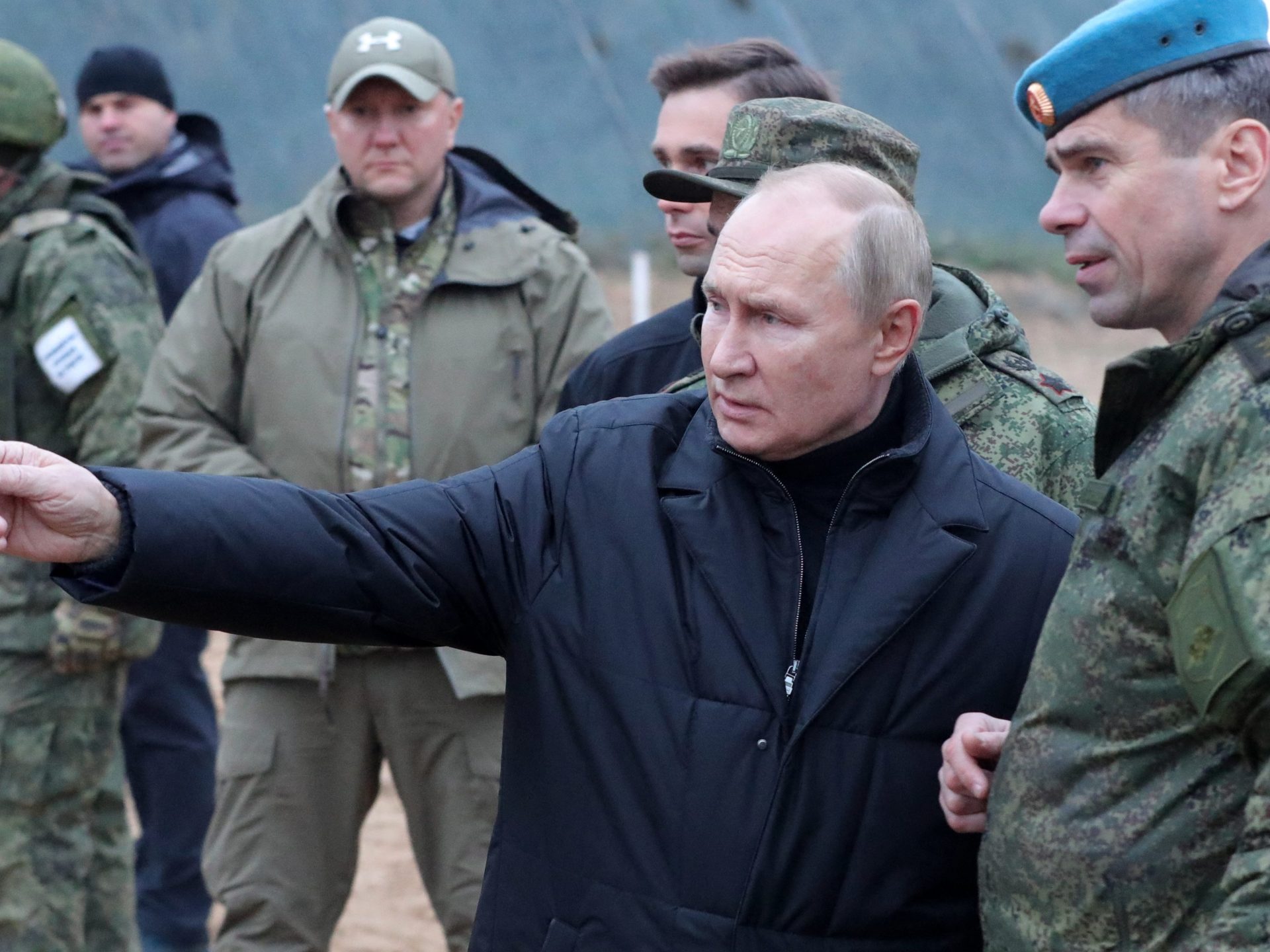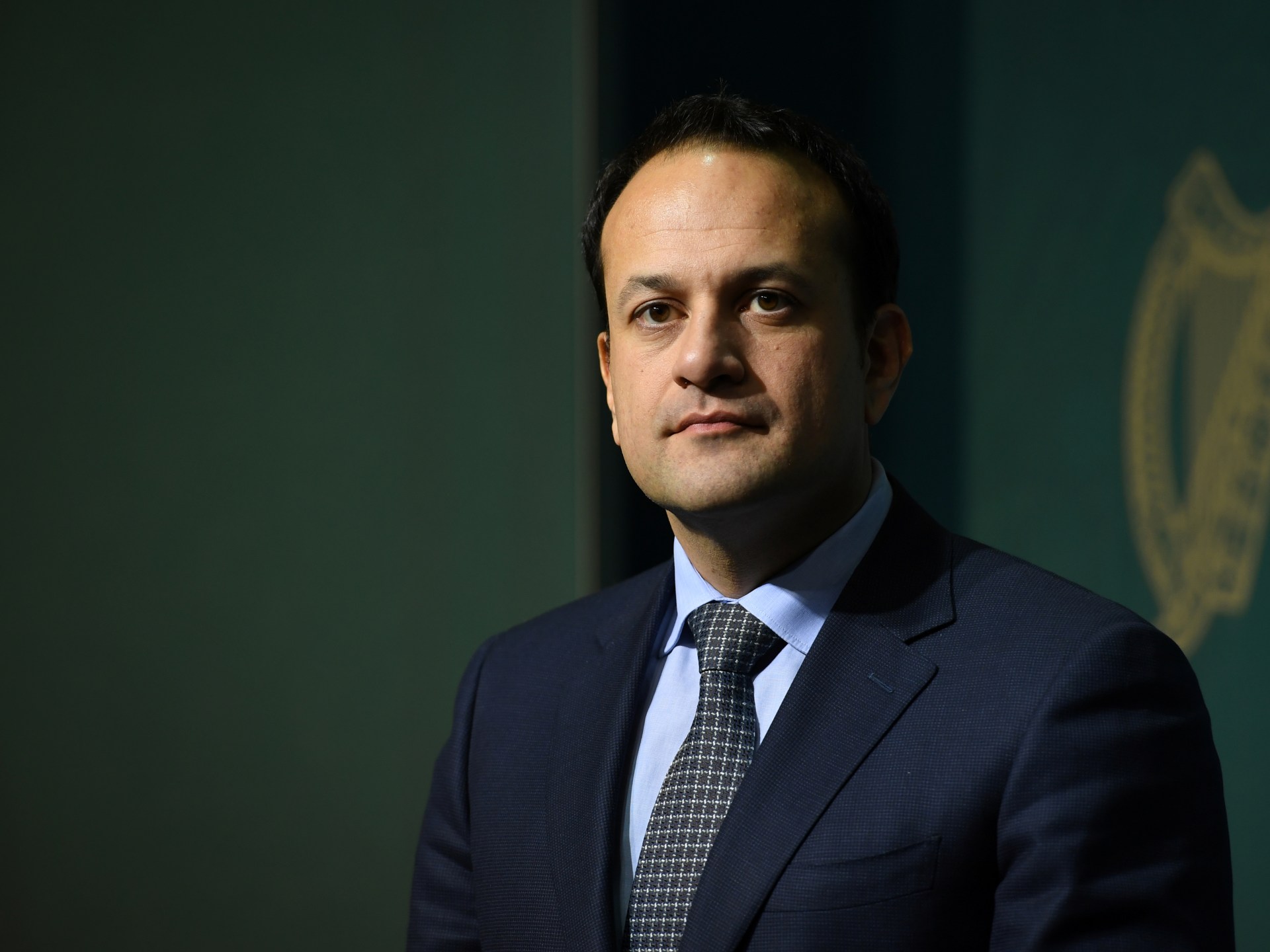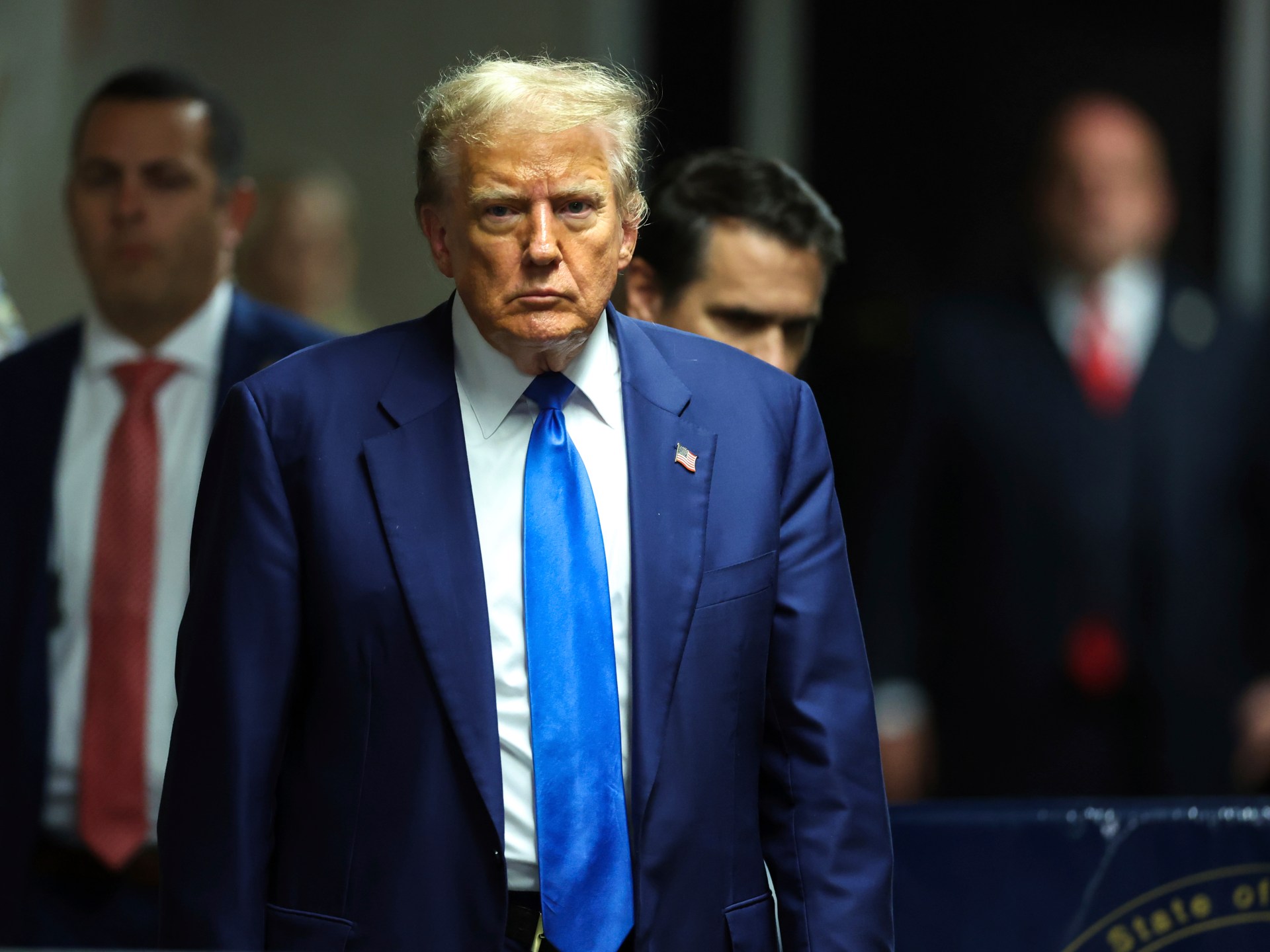Russia completes partial mobilisation of citizens for Ukraine war
President Vladimir Putin announced Russia’s first mobilisation since World War II in September, but the process was chaotic.
Russia’s defence ministry says the partial military mobilisation that was announced in September after a series of battleground defeats in Ukraine has been completed.
“All activities related to the conscription … of citizens in the reserve have been stopped,” the ministry said on Monday, and no further call-up notices would be issued.
President Vladimir Putin announced Russia’s first large-scale mobilisation since World War II on September 21, one of a series of escalatory measures in response to military setbacks in northeastern and south Ukraine.
He said the draft was needed to protect the country and its territorial integrity, but the announcement triggered demonstrations and attacks on draft centres across the country and led to the arrest of thousands of people.
Defence Minister Sergei Shoigu said at the time that some 300,000 additional personnel would be drafted and that they would be specialists with combat experience.
The Russian government tried to dress the draft in the same language it used to justify the full-scale invasion in February, justifying it as a fight against Nazism and an existential confrontation with the West.
But the mobilisation proceeded chaotically, with many highly publicised cases of call-up notices going to the wrong men. Hundreds of thousands fled Russia to avoid being drafted, while a survey conducted by the independent pollster Levada Center after the announcement found that close to half of the respondents felt fear and 13 percent were angry.
Putin has publicly acknowledged mistakes were made and has set up a new coordination council to boost the military effort and ensure that men being sent to the front are properly armed and equipped.
The announcement on Monday – day 250 of the war – did not give a final figure for the number of men called up.
The enlistment was a tacit admission that Russia was facing serious difficulties in a conflict that Putin still refuses to describe as a war with Ukraine, describing it instead as a “special military operation”.
It brought the war closer to home for many ordinary Russians by confronting them, or their friends and family, with the direct risk of being sent to Ukraine to fight.
Russia still holds large swathes of southern and eastern Ukraine and partly occupies four regions of the country. But it has lost ground even in the past month since it unilaterally proclaimed their annexation – a move denounced by Kyiv, its Western allies and the United Nations General Assembly as illegal.




